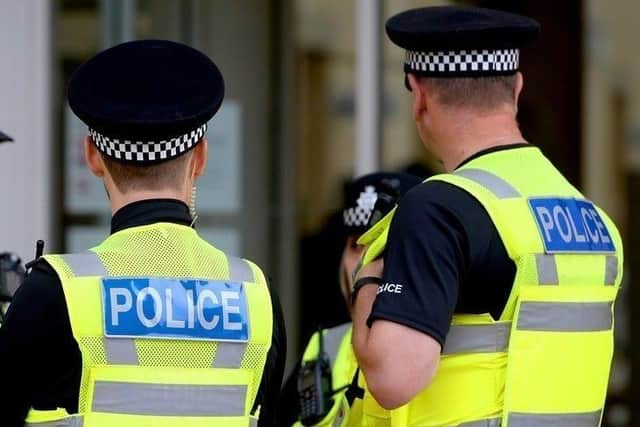Police need to be sensitive to cultural and religious differences - Dr Alan Billings
I couldn’t disagree; but I wonder whether by itself that way of putting things is quite enough. I thought about this the other weekend when I attended the wedding of a young relative in Newcastle.
His bride was Iranian, and the ceremony, in a hotel near the Tyne Bridge, was based around the traditions of the Zoroastrian faith.
Advertisement
Hide AdAdvertisement
Hide AdAt this point I should pause and give you the opportunity to write down on a postcard everything you know about Zoroastrianism and the customs and traditions of those whose lives have been fashioned by it. I suspect you wouldn’t get too far.


The wedding was fascinating. The young couple sat in front of a table on which a number of traditional symbolic objects were placed. In the centre was a triptych of mirrors.
Traditionally, marriages would have been arranged by the families and the couple would first see one another’s reflection in a mirror.
Much of the symbolism was about how sweet the married state should be – so there was fruit and sweetmeats on the table.
Advertisement
Hide AdAdvertisement
Hide AdA canopy was held over the heads of the couple while above that female guests rubbed two cones of sugar together, catching the grains on the cloth. Then the groom dipped a teaspoon in honey and popped this in his bride’s mouth, and she did the same in return.
The bride’s father read a poem by the 13th century Iranian poet Rumi in Farsi, the language of Iran. Rumi taught that love is the bridge between all things and the essential route to God.
The marriage was solemnised by a local registrar who was at great pains to explain that this was a non-religious and secular wedding.
I wouldn’t want to get the registrar into trouble, but that could only have been true if your definition of religion was rather more cerebral than the powerful Zoroastrian symbolism enacted all around us, not least the burning flame that was alight throughout the ceremony – reminding us of the Manichean binary of light and darkness, good and evil.
Advertisement
Hide AdAdvertisement
Hide AdLeaving that aside, the point I am making is that the United Kingdom is now the home to almost every religion on earth and the cultural practices and traditions that they give rise to.
This is what makes our multiculturalism so interesting as well as providing occasion for misunderstanding and tension. And more and more families are, like mine, finding that they are part of that wider world where the separation of ‘culture’ and ‘religion’ makes little sense.
So yes, I agree with that other PCC that we want the police to be sensitive to cultural and religious differences, though we should not underestimate what that might entail in practice. But in return, we should expect our different communities to be tolerant and understanding if the police don’t always get things right.
This is what the Iranians in my family recognised as they helped us to understand better and as they forgave some of our unintended mistakes.
A shortened version of the Police and Crime Commissioner for South Yorkshire’s latest blog post.